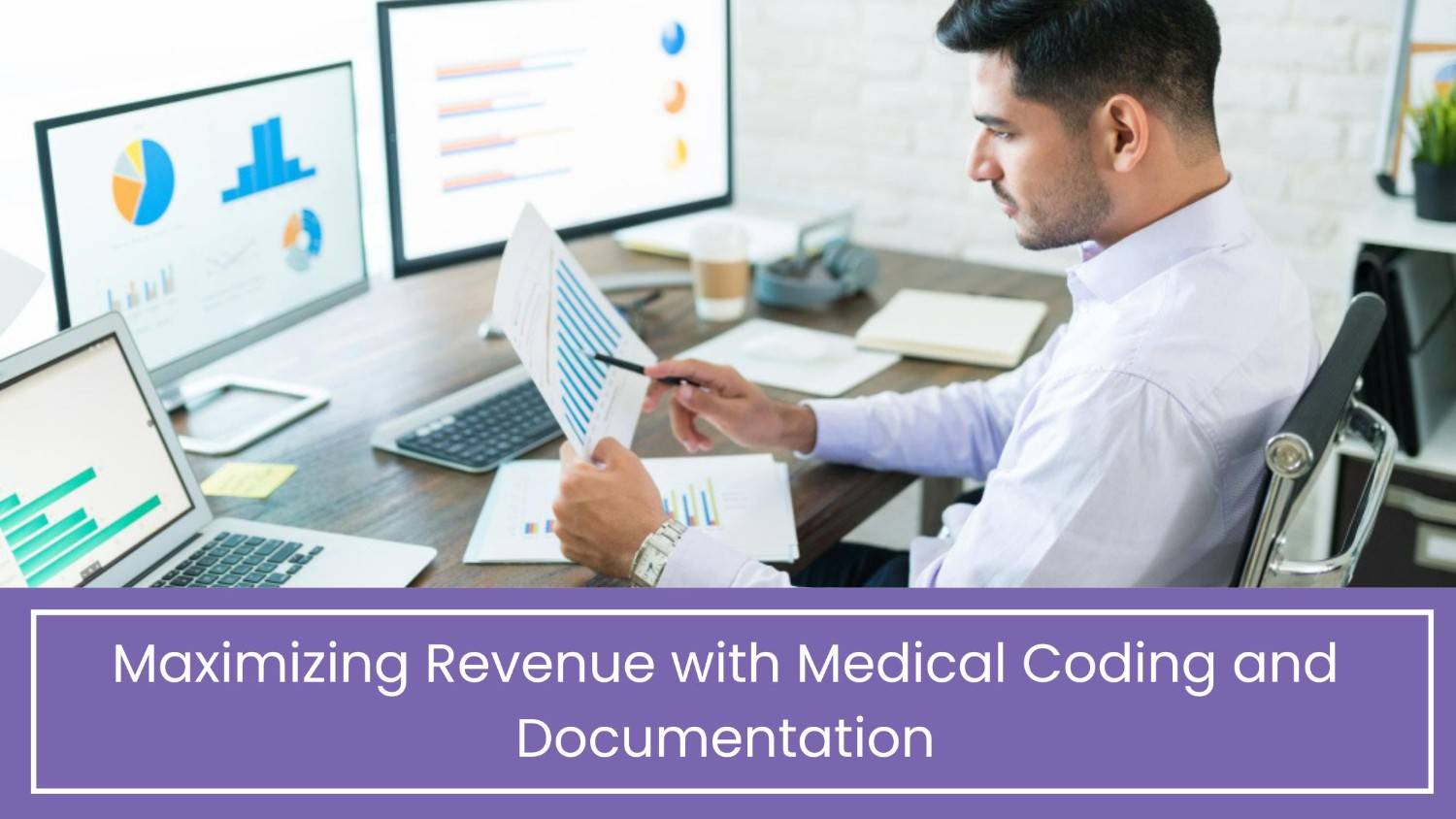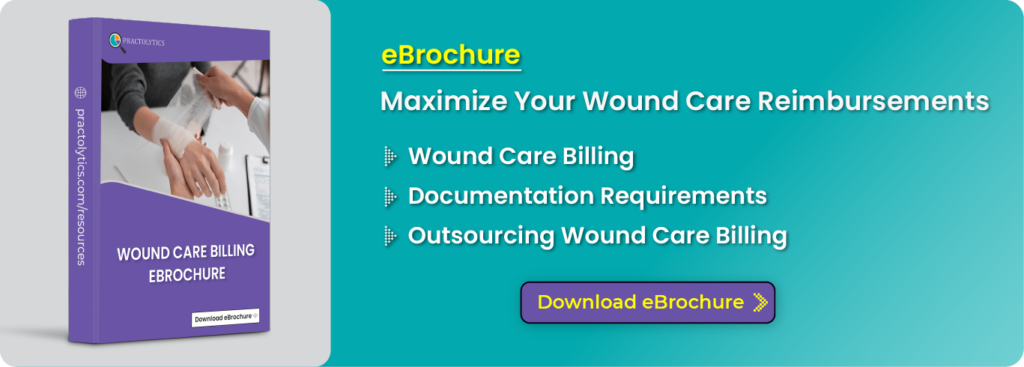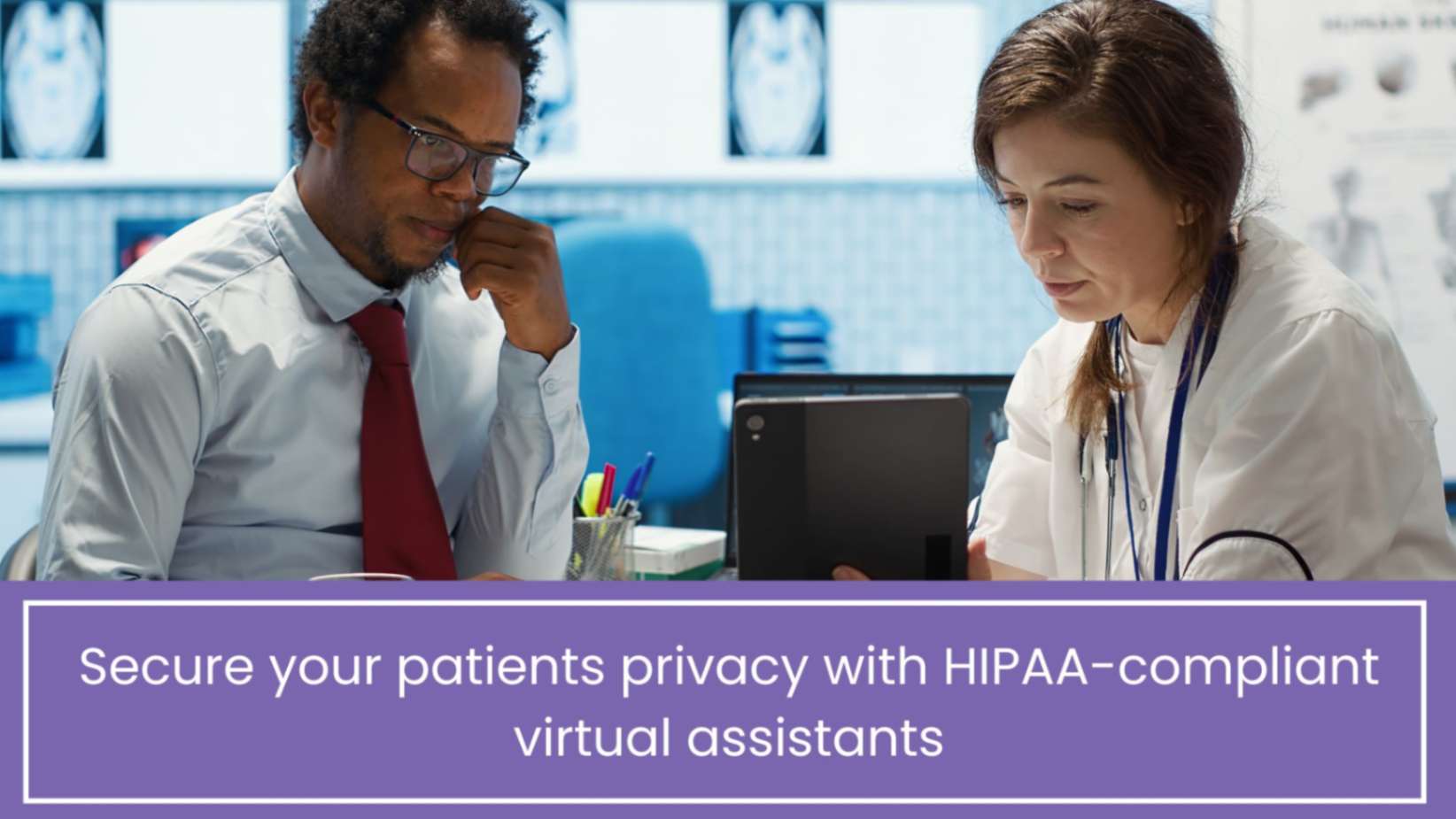Maximizing Revenue with Medical Coding and Documentation
In the healthcare industry, sustaining and growing a practice depends on effective revenue management. Maximizing revenue with medical coding and documentation is essential for providers to balance financial success with quality patient care. Accurate medical coding ensures that services are correctly represented and billed, while thorough documentation guarantees that all provided services are properly recorded and reimbursed. Together, these elements play a vital role in optimizing revenue, reducing claim denials, and ensuring the financial health of healthcare organizations.
In this blog post, we will explore the importance of strong medical coding and documentation processes in maximizing revenue for healthcare providers and organizations. We will also provide tips and strategies for implementing effective coding and documentation practices to optimize revenue generation.
Table of Contents
Medical Coding and Documentation Processes go Hand-in-Hand
Medical coding and documentation are two crucial components of revenue cycle management in the healthcare industry. Proper documentation is important in ensuring that all services provided are accurately recorded and billed, while medical coding provides the necessary codes to bill for those services. In other words, effective documentation is essential for accurate medical coding, which in turn impacts revenue generation.
Documentation processes involve recording of all aspects of patient care performed including diagnosis, treatment plans, and services provided. It is vital to guarantee that this information/ data is precise, thorough, and up-to-date. Medical coders use this information to assign the appropriate codes to each service, allowing for accurate billing and reimbursement. Incomplete or inaccurate documentation leads to a code selection that may not completely reflect the services rendered, resulting in lost revenue or even noncompliance with regulatory requirements due to underbilling.
It is also worth noting that documentation processes and medical coding are interdependent. Medical coders require complete and accurate documentation to assign the appropriate codes. Any failure in one of these procedures can have serious implications on income generation.
Why Medical Coding and Documentation are Vital for Revenue Growth?
In today’s healthcare landscape, providers face mounting financial pressures to optimize revenue while delivering quality care to their patients. One key factor that contributes to revenue optimization is strong medical coding and documentation. Medical coding and documentation processes that are effective guarantee that physicians collect timely and correct payment for the services they deliver.
Medical coding cannot be done effectively without accurate and complete documentation. Documentation processes refer to the systems and procedures in place to capture and record patient care information. Strong documentation ensures that all relevant information is recorded in a timely and accurate manner, providing a comprehensive record of the care provided.
Medical coders rely on documentation to accurately code medical services, and incomplete or inaccurate documentation can lead to errors in coding and reimbursement. For example, if a provider fails to document a diagnosis or procedure, the medical coder may be unable to assign an appropriate medical necessity for the service resulting in a denial from the payer or assign the appropriate procedure code resulting in lost revenue.
Effective documentation also plays a crucial role in compliance and risk management. Incorrect or erroneous paperwork can result in compliance breaches, financial fines, and a greater risk of malpractice litigation.
To maximize revenue and minimize financial risks, healthcare providers must prioritize strong medical coding and documentation. This includes regularly reviewing and updating documentation policies and procedures, investing in training and education for medical coders and other staff, and leveraging technology solutions to streamline coding and documentation.
Medical Coding And Documentation Strategies for Maximum Revenue
As a medical provider, you realize the value of effective revenue management processes in keeping your practice running smoothly. One key aspect of revenue optimization is strong medical coding and documentation practices. By accurately documenting and coding patient encounters, you can ensure that you receive timely and appropriate reimbursement from insurance companies and other payers.
Yet, establishing efficient coding and documentation methods can be difficult, particularly in a busy healthcare setting. That’s why we’ve compiled a list of tips and strategies to help you optimize your revenue generation through strong medical coding and documentation practices.
1. Train your staff: Ensure that all staff members responsible for documentation and coding are properly trained and up-to-date on the latest coding guidelines and best practices. This can aid in mistake prevention and guarantee correct and timely payment.
2. Use technology: Implement Electronic Health Records (EHRs) and other software tools to streamline the documentation and coding process. This could help with decreasing errors and streamlining operations.
3. Standardize documentation: Develop standardized documentation practices to ensure consistency and accuracy in the coding process. This can assist to decrease the probability of mistakes and enhance reimbursement accuracy.
4. Audit regularly: Conduct regular audits of your documentation and coding practices to identify any issues or areas for improvement. This can help to ensure that you are maximizing your revenue potential and minimizing financial risks.
5. Stay up-to-date: Stay current with coding and documentation regulations and guidelines to ensure that your practice is in compliance with all relevant laws and regulations. This can help to reduce the risk of audits and penalties and ensure that you are maximizing your revenue potential.
6. Collaborate with payers: Work with insurance companies and other payers to understand their coding and documentation requirements, and ensure that your practice is meeting those requirements. This can assist to enhance reimbursement accuracy and minimize the possibility of rejects.
7. Educate your patients: Educate your patients on the importance of accurate and complete documentation, and encourage them to provide all relevant information during their visits. This can help to ensure that you are accurately capturing all billable services and procedures.
By applying these ideas and methods, you can optimize your income flow through solid medical coding and documentation. This can help to ensure the financial health and sustainability of your practice while providing high-quality care to your patients.
Final Thoughts
In conclusion, effective medical coding and documentation are crucial factors in maximizing revenue and reducing financial risks in healthcare practices. By implementing proper coding and documentation practices, healthcare providers can ensure accurate billing and reimbursement, minimize claim denials and rejections, and ultimately optimize revenue generation.
However, implementing these practices can be challenging, and it is essential to have the right tools and expertise to achieve success. Practolytics offers the best documentation and medical coding services in RCM, helping healthcare providers navigate the complexities of coding and documentation to maximize revenue and minimize financial risks.
“Don’t let ineffective coding and documentation processes limit your revenue potential.”
ALSO READ – Mastering Transitional Care Management Codes Can Transform Revenue Flow
Talk to Medical Billing Expert Today — Get a Free Demo Now!






